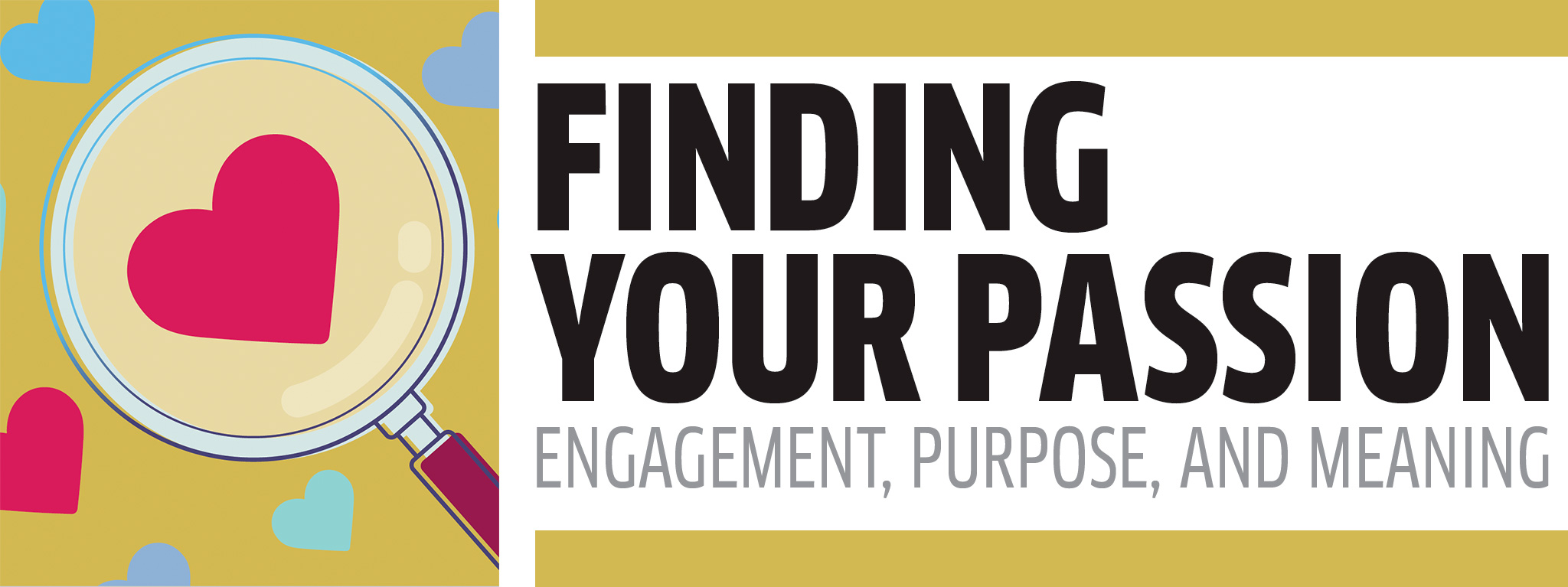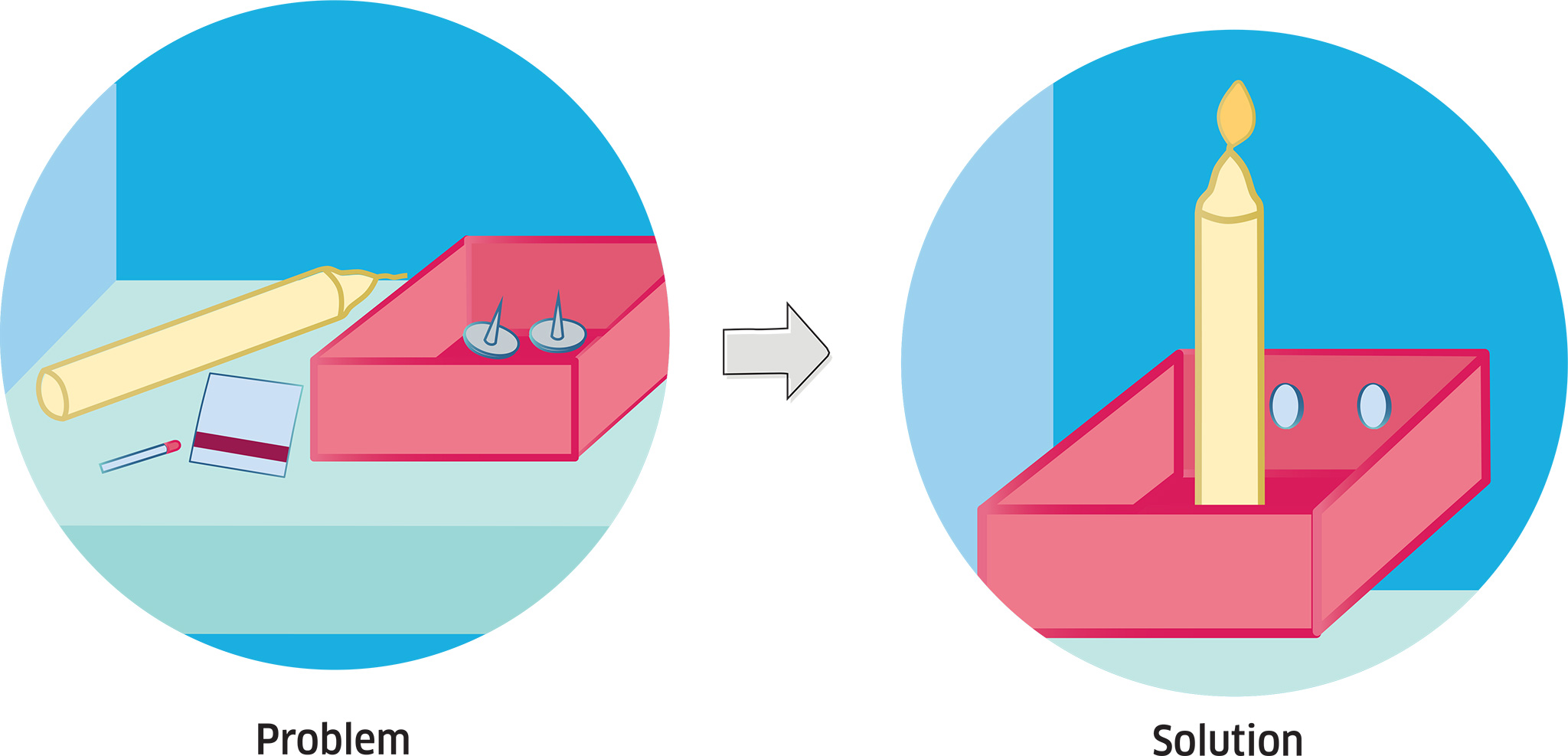
What, to you, is really worth doing in life? We all have our own ideas about what is important, but to feel fully satisfied we need to channel our energy and passions into something that is productive and meaningful to us.
When we are doing something meaningful, it holds our attention and engages our interest, keeping us focused and persistent over time. Motivation gives us energy, and passion focuses that energy. But what really motivates us?
Extrinsic versus intrinsic
A series of seminal experiments by psychologist Sam Glucksberg offers a counterintuitive result. Building on Karl Duncker’s “candle problem” (see “How our expectations can limit us,”), Glucksberg tried the same test on two groups. He told one group that the purpose of the research was to establish how long it took people to solve the problem. The other group was told that if they solved it faster than their peers, they’d get a cash reward. The group with the cash incentive solved it faster, if the tacks were left out of the box; but if the tacks were inside the box and the problem required lateral thinking, they took 3½ minutes longer than the group who thought they were trying to discover something interesting. This is a good example of the difference between extrinsic and intrinsic motivation: extrinsic rewards prompt us to solve simple tasks, but if we want to do well on complex ones, we need to be inspired by its intrinsic worth. Engagement, meaning, and purpose all sustain our intrinsic motivation.
 a thought experiment
a thought experiment
Ask yourself: “If I won the lottery, would I keep doing what I’m doing right now?” If the answer is “yes,” it is probably because you enjoy what you are doing and view it as important. If “no,” it highlights that at this point you may not be pursuing your true passion.
Pinpointing your motivation
How do we apply this in real life? “Live Your Legend” online community founder Scott Dinsmore recommends that you:
- Figure out what your unique strengths are.
- Consider what motivates you: for example, recognition, a sense of mastery, or connection to others?
- Think about what you love doing, and what you hate doing.
Add all these together, and you have concrete information to act upon.
 how our expectations can limit us
how our expectations can limit us
The findings of German psychologist Karl Duncker’s most famous experiment, the “candle problem,” were published in 1945. In this research, each volunteer was left alone in a room with a candle, a book of matches, and a box of thumbtacks. Their task was to find a way to attach the candle to the wall so that the wax wouldn’t drip on the table.
Tacking the candle to the wall didn’t work, and neither did trying to melt it on. In the end, most people realized that they needed to use the box, too: they tacked the box to the wall and placed the candle in it.
If the tacks were presented outside the box, they reached the solution quickly, but if the tacks were in the box, it took longer for them to find the solution. This is due to a cognitive bias known as “functional fixedness.” The box’s apparent function—holding the tacks—blinded people to the fact that it could be used to solve the problem.
The lesson? Solving a problem often relies on thinking about your resources and opportunities in new ways. Doing so creates long-term success and builds your confidence when finding solutions and making difficult decisions.

 job crafting
job crafting
What if you’re in a job that doesn’t motivate you but you’re not in a position to leave? Psychologists Amy Wrzesniewski, Justin M. Berg, and Jane E. Dutton recommend a process called “job crafting”: stay where you are, but start to manage things differently. They identify three key ways in which you can do this:
- Tasks. What do you want to do more of? Suppose you like teaching: take younger colleagues under your wing and volunteer for more mentoring. This way, you’re showcasing and developing your teaching skills.
- Relationships. Think about the people in your workplace who can help you establish the skills you’re trying to cultivate. Look for mentors, allies, and people you can learn from.
- Perceptions. Mentally reframe the different elements of your job to allow you to focus on the most meaningful elements.
Our jobs shape us, but we can also shape our jobs (at least to some extent) if we’re proactive. Be clear about how you want to develop, and set about creating situations where these opportunities for growth become possible.
